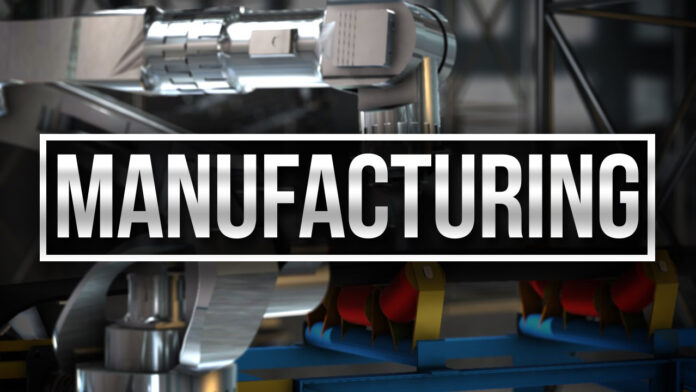HARLINGEN — Disruptions in manufacturing supply chains caused by COVID-19 are leading American business executives to re-assess their dependence on foreign companies and that could mean a blossoming of new business in the Rio Grande Valley.
Raudel Garza, chief executive officer of the Harlingen Economic Development Corp., told board members Tuesday that he believes the trend that followed the new U.S.-Mexico-Canada Agreement on trade, which went into effect July 1, will accelerate.
“The Industrial Asset Management Council had a virtual annual conference last week and we were a part of that, we were a sponsor in that, and it was really good meeting with some of these corporate real estate executives from Fortune 100 companies,” he told the HEDC board.
“They also had some really good sessions on analyzing what the impact of COVID has been on some of these larger companies,” he added. “They’re all saying basically a lot of the same things, they’re talking about moving a lot of their assets from overseas closer to home so that they can actually have less disruptions in their supply chains. So there’s a lot of good opportunities I think for us in South Texas to continue to capitalize on some of those activities that I think corporate America is going to be doing real soon.”
Even before COVID-19 struck earlier this year, companies moved to take advantage, or to avoid being punished, by key sections of the USMCA that benefit companies which have plants in the United States, Mexico or Canada.
It may well mark the beginning of a reversal of the offshoring trend which began in the late 1970s when most U.S. companies began to move manufacturing overseas in order to maximize profits for shareholders.
But disruptions in Chinese and other Asian manufacturing caused by COVID-19 prevented the timely delivery of products and component parts, alarming many companies based in North America as plants here were starved of needed components.
Reshoring will not only reduce the massive transportation costs involved, but it also frees up a company’s capital by creating a shorter supply line which optimizes just-in-time manufacturing, experts say.





